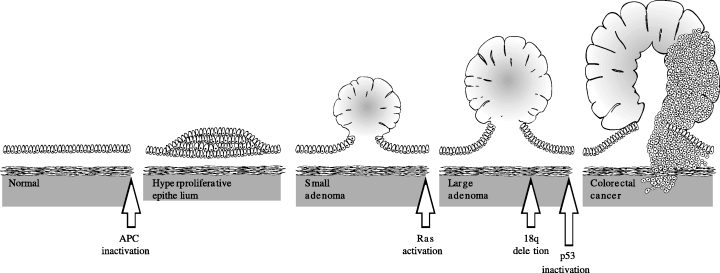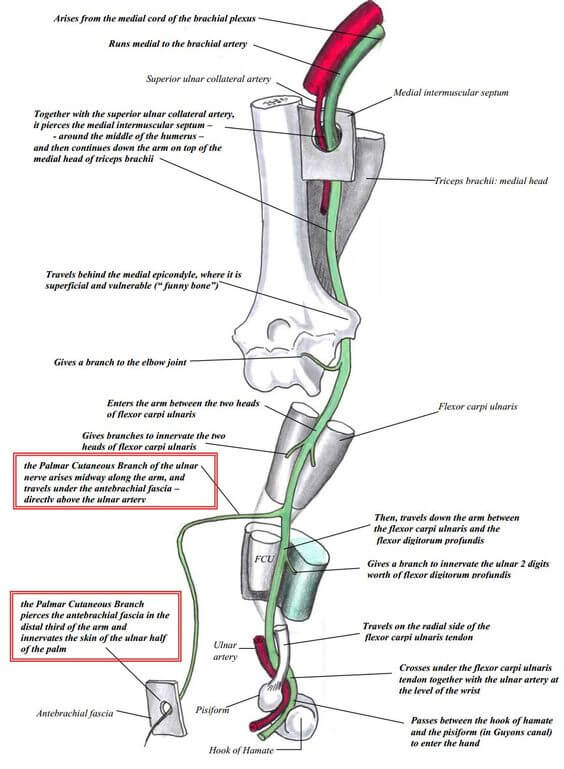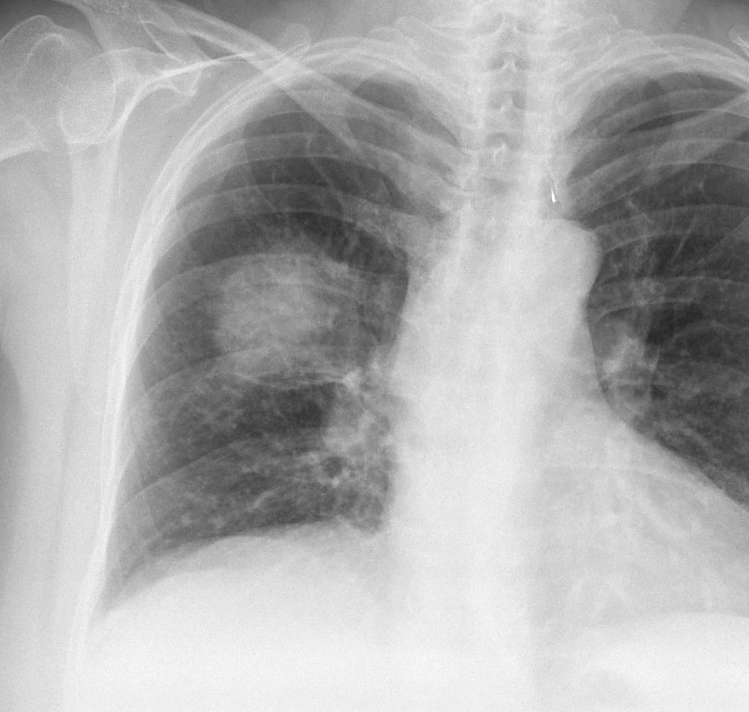Adenoma-carcinoma sequence is a stepwise development of normal epithelium to carcinoma due to accumulation of mutations over a number of years leading to activation of oncogenes and loss of tumor suppressor genes. One of the pathways follows adenoma–carcinoma sequence, that is, normal → adenoma → carcinoma. The other is pertaining to the development of de novo cancers, like flat or depressed cancers without adenomatous remnants.
Mnemonic:
1. AK-53 (A Swiss rifle similar to AK-47 but not as popular)
2. 5 + 12 = 17 (Chromosomes associated)
The sequence is as follows:
1. APC tumor suppressor gene mutation (5q): Development of small adenoma
2. KRAS oncogene mutation (12p): Development of large adenoma
3. p-53 tumor suppressor gene mutation (17p): Development of carcinoma

This model, as we currently understand it, accounts for most, but not necessarily all, colorectal cancers.



